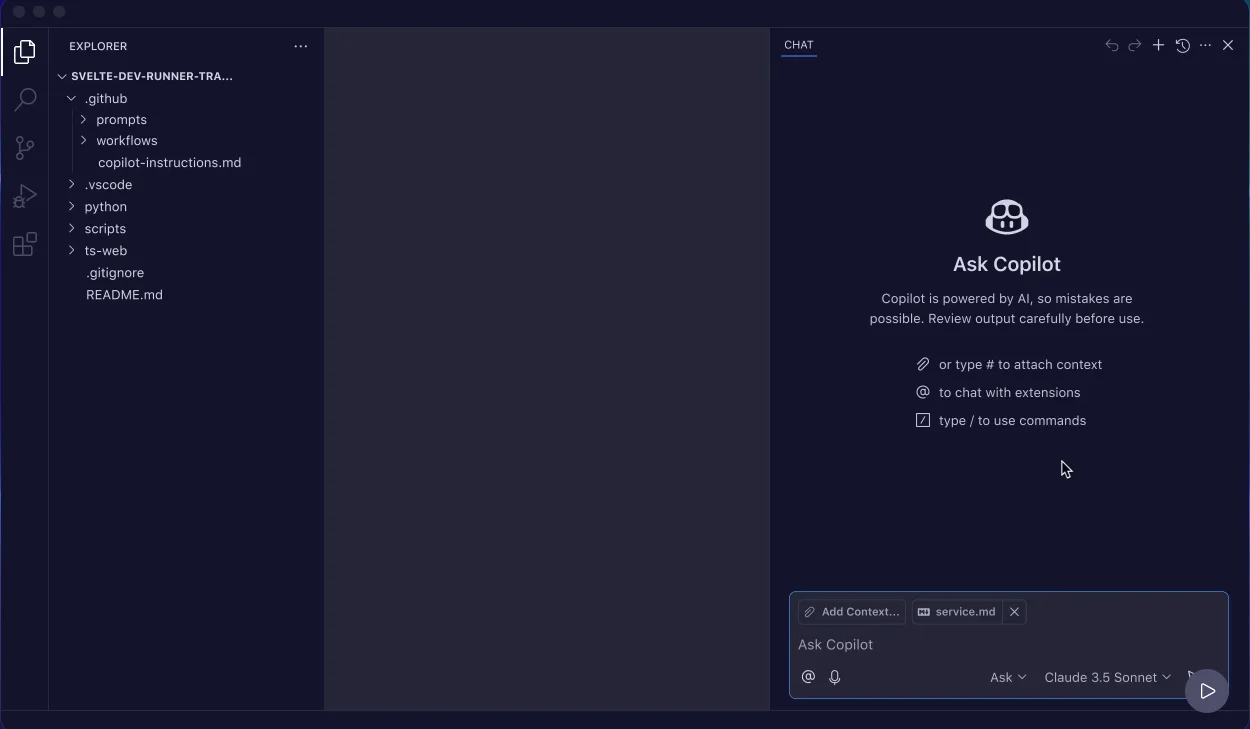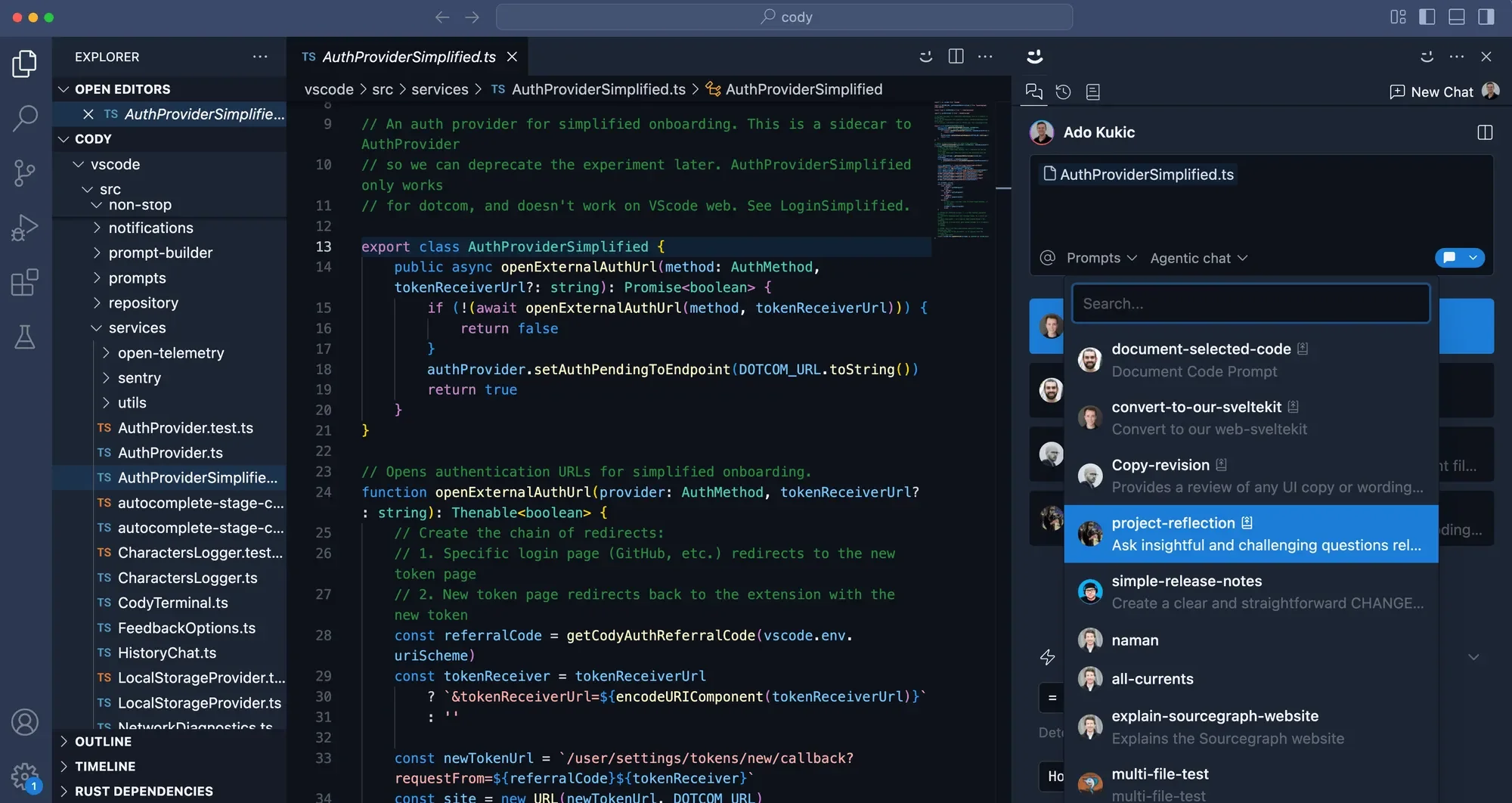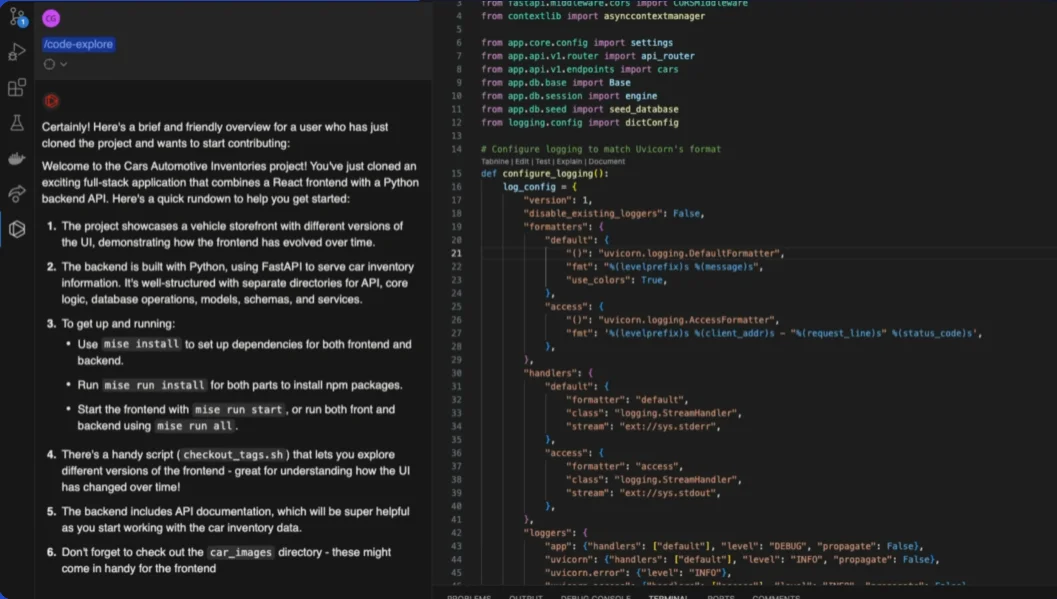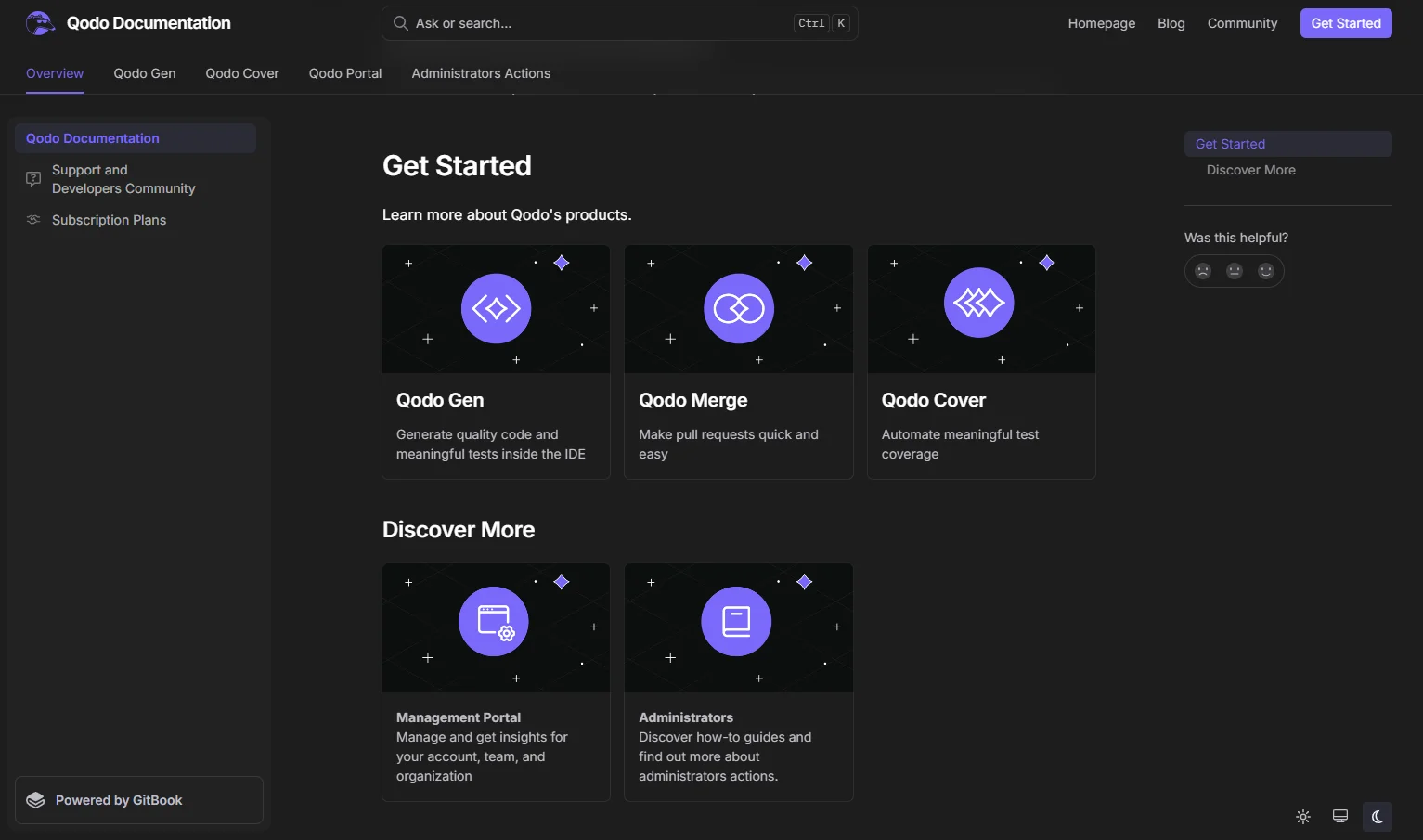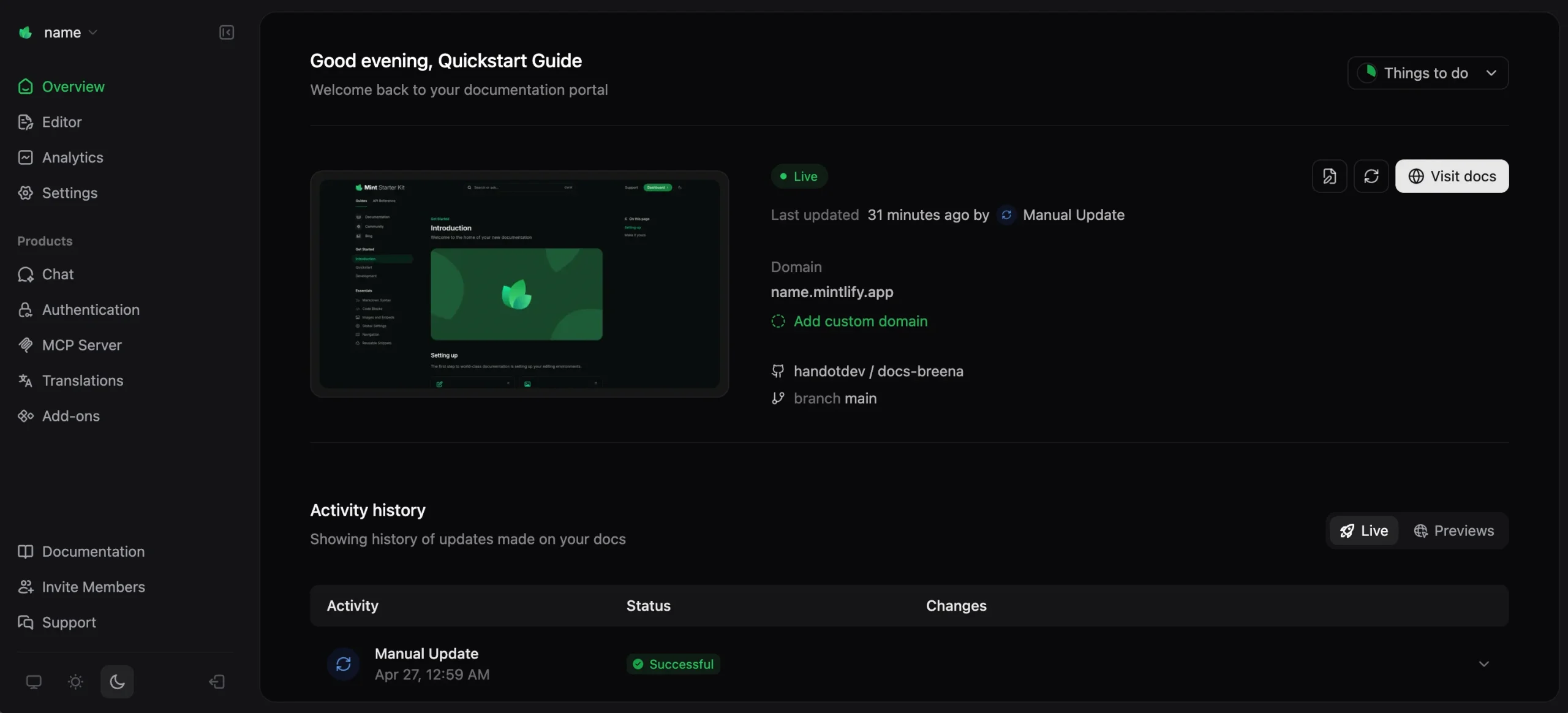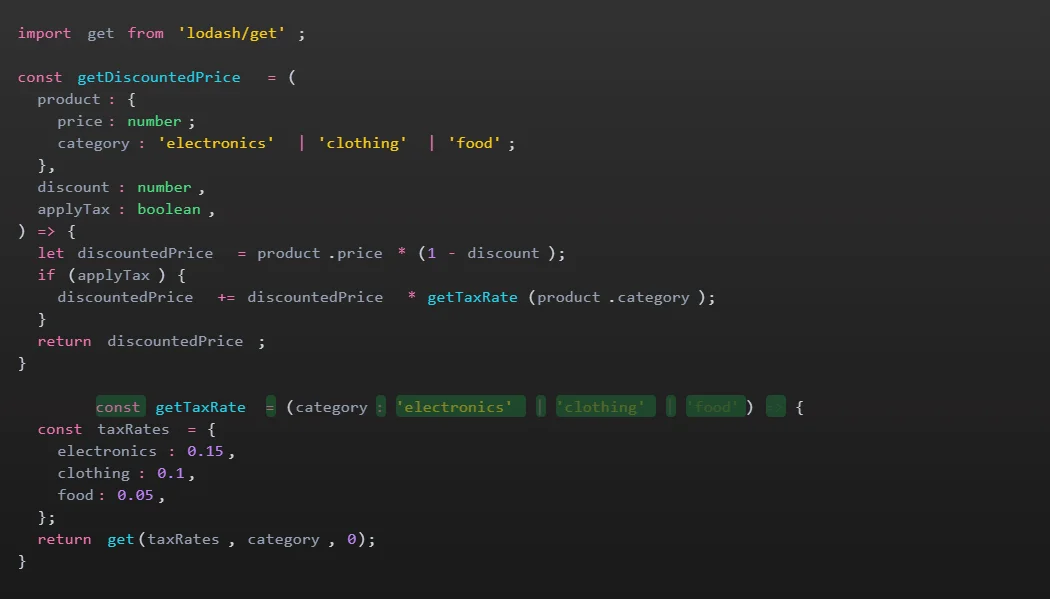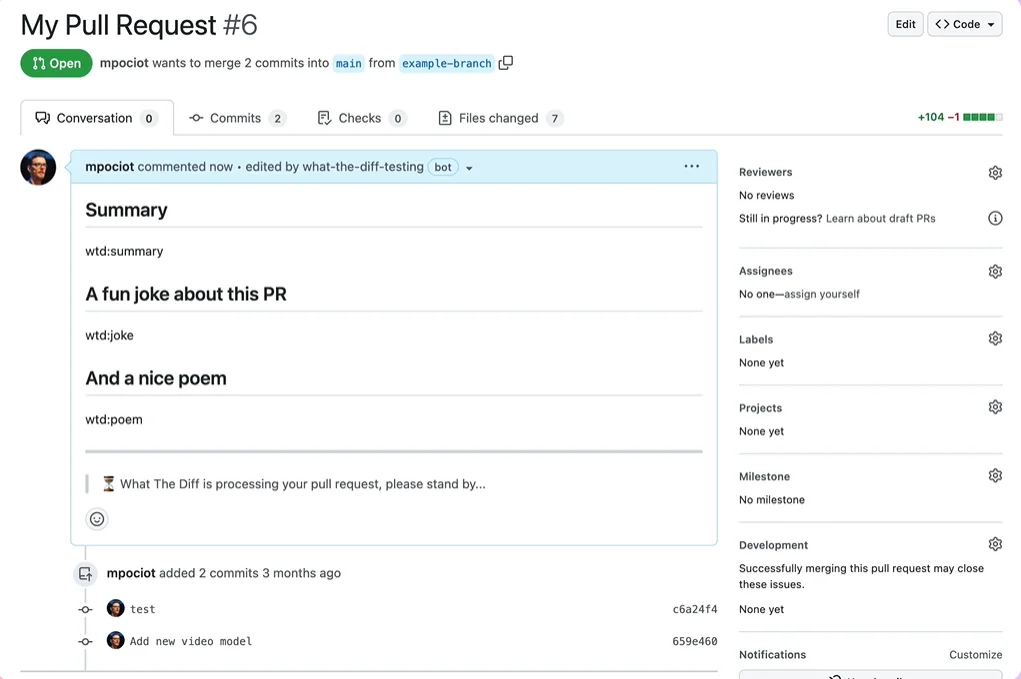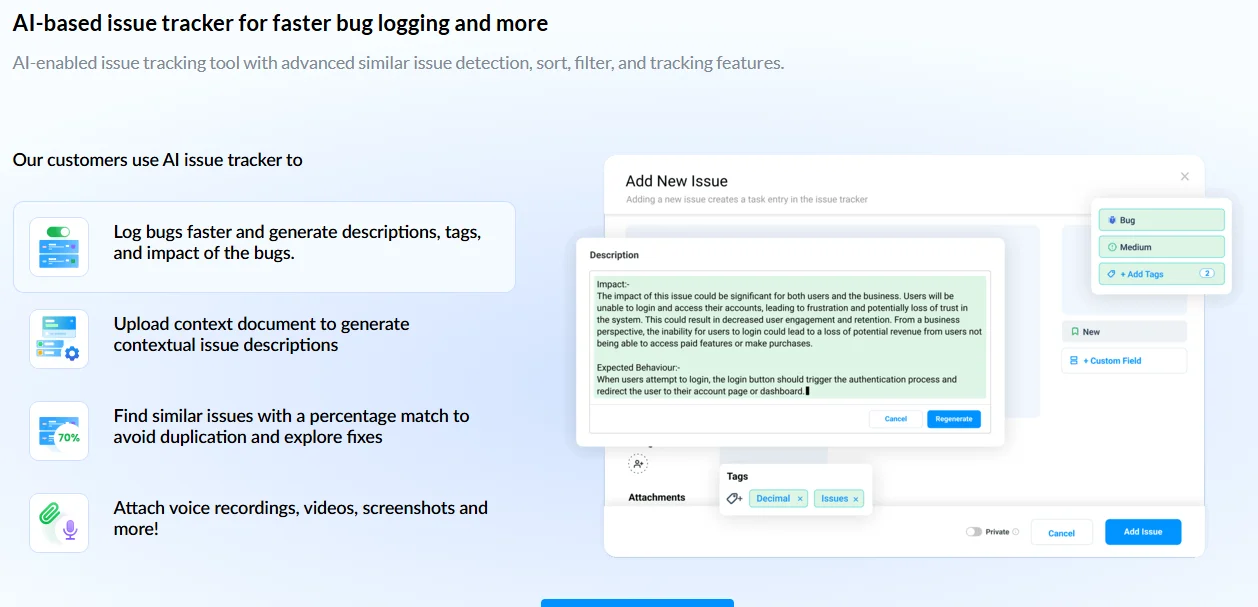Table of content
AI is no longer a futuristic concept — it’s a daily tool in a modern developer’s toolkit. Regardless of the stage you’re at, from code writing to automating, AI is empowering teams to accelerate software development. If you refuse to implement AI in your routines in 2025, you may fall behind.
In this article, we’ve rounded up the best AI tools as of 2025 that we use in various stages of software development every day. You can implement them into your team’s workflows, saving time, reducing errors, and keeping your procedures flowing.
Want to learn how to accelerate software development for your team? Let’s take a look.
Writing Code
We gathered the top tools to supercharge your coding process with AI-powered tools. Tools that autocomplete, generate, and refactor code in real time, saving hours, reducing errors, and stripping teams of mundane work.
AI IDEs: Cursor and Windsurf
Cursor and Windsurf (formerly Codeium) are next-generation AI software development tools in the form of IDEs (Integrated Development Environments). Both enhance developer productivity with real-time assistance directly inside the coding window. It means that you can simply chat with the codebase and refactor it on the fly.
For example, Windsurf collaborates with you in two ways. Firstly, it acts like a Copilot to support and direct you, and, additionally, it tackles complex tasks independently like an Agent. Even if the code generated by Windsurf has some issues, it automatically fixes the errors by picking the appropriate tests.
Furthermore, it adjusts to your coding style, analyzing where and what you’re going to do. As a result, you enjoy a more intuitive developer’s flow.
GitHub Copilot: Deep Integration with GitHub
GitHub Copilot remains a cornerstone in AI-accelerated software development, offering seamless integration across the entire GitHub ecosystem. In particular, it provides intelligent code completions, function suggestions, and even generates boilerplate code based on comments. Beyond that, its tight coupling with GitHub repositories gives developers a natural extension of their workflow, making Copilot the go-to AI assistant for millions.
The Codebase Whisperer: Cody
Cody AI stands out among AI tools for software development because it goes beyond basic autocomplete. It’s more like an AI teammate that deeply understands your entire codebase. Cody suggests lines with deeper insight than most AI tools, including:
- Context-aware: It analyzes your codebase, documentation, and code graph to give accurate, meaningful suggestions.
- Codebase Q&A: You can ask questions about the code, e.g., “Where is the user permissions logic handled?”, and it will locate it.
- Debug and navigate smarter: It’s designed to make sure you don’t get lost while working on big, complicated projects.
- Full-project reasoning: Cody recommends changes that make sense generally across many bases, not just in a single file.
So while most AI assistants act like autocomplete on steroids, Cody resembles a junior developer. It’s already read your entire repository and helps you code, debug, and explain things on demand.
Trusted and Secure AI Coding Assistant: Tabnine
Tabnine is a seasoned veteran on AI software development tools list. Built on GPT-4o and Claude 3.5 sonnet and with enterprise-grade security in mind, it delivers context-aware autocompletions personalized to your team. Tabnine’s strong points are:
- Security: A safe bet when your team needs reliable AI coding without compromising policy, including minimum IP liability of third-party models.
- Privacy: Tabnine ensures your privacy with end-to-end encryption and zero data retention, prioritizing continuous monitoring and audits.
- Flexibility: It is easily implemented in the team’s workflows, connecting to codebases, requirements, and documentation.
All these, along with the possibility to fine-tune Tabnine to your goals and needs, make it an invaluable finding for every development team.
Maintaining Code
Coding is only the first step to robust software. You need to check its quality and improve it to ensure the software works fine. AI tools can help with that, streamlining the quality assurance phase ultimately. They debug, refactor, and document, making it easier to keep your codebase clean, stable, and future-proof.
Smarter Test Coverage: Qodo
Qodo (ex-Codium AI) unites writing, testing, and reviewing into one smooth, accelerated software development flow. It tests as you code, spotting gaps and offering smart suggestions based on your logic and comments. Qodo offers:
- Context-aware regression test generation,
- Test validation,
- Code analysis and coverage reports.
As a result, you need less manual test writing while getting more confidence in code end quality.
Docs That Write Themselves: Mintlify Writer
If writing code documentation seems mundane to you, you’ll like Mintlify. It’s built to accelerate software development, generating smart, context-aware docs straight from your code with just one click. Eventually, you free up myriads of hours for actual development with:
- A single click comprehensive documentation,
- Various programming languages supported,
- Generating descriptions with context awareness.
Mintlify is heavily optimized for user discovery and engagement. Using a drag-and-drop interface, it ensures easy collaboration and a smooth experience.
Say Goodbye to Migration Headaches: Grit
Another top choice of AI tools for software development is Grit. Grit automates code migrations and dependency updates so you don’t need to waste sprints on technical debt.
We no longer need to have migration-specific sprints thanks to Grit. For teams managing legacy systems or frequent code migrations, Grit is perfect. It greatly facilitates keeping abreast of technological advancements without causing ongoing initiatives to falter.
Code Reviews Made Easy: WhatTheDiff
WhatTheDiff is a king among AI software development tools to summarize your pull requests and offers auto-suggestions for improvements. Perfect for fast-paced teams handling frequent PRs. Key features include:
- Instant recommendations for code restructuring,
- Pull request simplification,
- Detailed reporting and alerts.
As a result, the main advantage of WhatTheDiff is that it describes changes for you and spots issues before humans do. Perfect fit.
Smarter Bug Tracking: Bugasura
Bugasura uses AI to group similar bugs, reduce duplicates, and speed up resolutions. It’s ideal for teams managing a high volume of reports from multiple sources. Key features include:
- AI-powered detection of related bug reports,
- Tracker links and other collaboration features,
- Add-ons for contextual bug reporting.
To sum up, Bugasura turns messy bug queues into clean, actionable lists easily. Your team would love its ability to accelerate software development.
Honorable Mention
While not in the core lineup, some other tools deserve a shoutout. They’re evolving fast, offering solid alternatives for specific environments or use cases.
Text App Builders: Bolt, Lovable, and V0
Tools like Bolt, Lovable, and V0 are leading the charge in text-to-app generation. They turn natural language prompts into working UI prototypes or full-stack apps. Bolt enables teams to build front-ends rapidly, while Lovable brings delightful user experience design to the forefront. V0 by Vercel is especially popular among front-end devs, transforming descriptions into polished React components in seconds.
Nevertheless, regardless of the pluses, they deserve only an honorable mention, not a firsthand usage for teams. Since they lack integrity and security, they are not suitable for large projects.
AI Agents: No-Code Coding Solutions
AI agents are evolving into full-blown digital coworkers — some no-code, some designed for developers. For example, test writing and bug tracking agents spin up backend logic or automate workflows. Whether you’re looking to automate QA or deploy a mini-assistant to build features based on specs, AI agents are bridging the gap between product vision and working code.
Frontier Models: ChatGPT, Claude, Gemini, and Perplexity
Frontier AI models, such as ChatGPT (OpenAI), Claude (Anthropic), Gemini (Google), and Perplexity, power many of the smart assistants developers use today. Some of them we’ve mentioned today.
Despite general similarities, each brings unique strengths. For example, ChatGPT excels in code understanding and ideation, Claude offers long-context reasoning, Gemini integrates naturally into Google’s dev tools, and Perplexity is becoming a go-to for research-heavy workflows.
However, they lack adaptivity, and, as a result, should be customized and polished for teamwork.
Final Thoughts
AI tools empower us to do our best work rather than taking the developers’ place. These tools are worth noting, whether you need assistance with sprint reports, documentation, or simply sorting through noisy pull requests.
Devox Software integrates the best AI software development tools into our routines, so we’re glad we had the chance to share valuable insights with you. Tools and approaches are amalgamated into a proven AI Solution Accelerator that serves as a trademark of quality and innovation.











